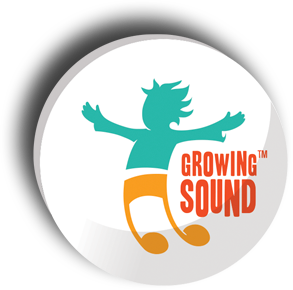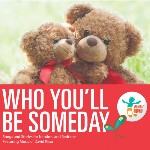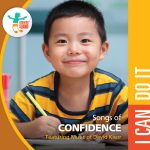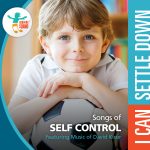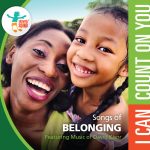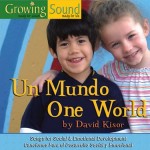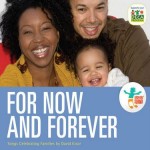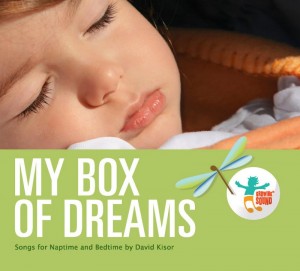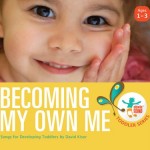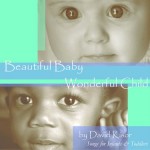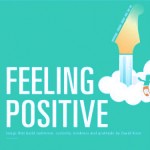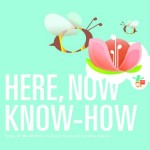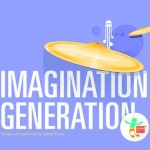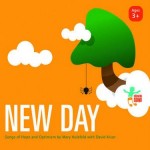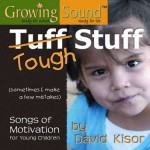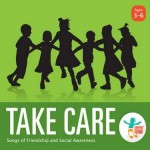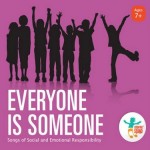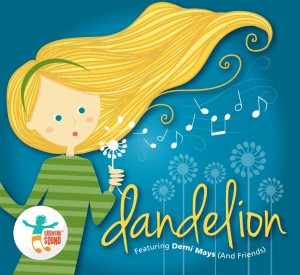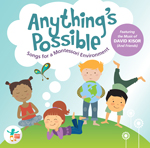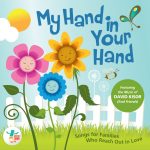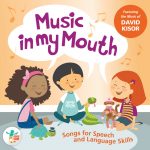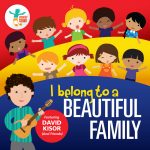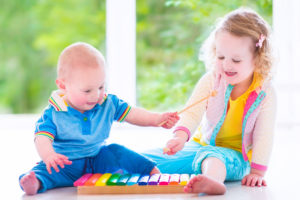 Is your baby getting enough music? Did you know a lullaby will calm your baby’s heart? Music can raise the baby’s mood, get them excited, or make them calm and relaxed. The possibilities are endless. It is an important part of their lives.
Is your baby getting enough music? Did you know a lullaby will calm your baby’s heart? Music can raise the baby’s mood, get them excited, or make them calm and relaxed. The possibilities are endless. It is an important part of their lives.
What Effect Does Music Have On Babies in the Womb?
It is proven that music has a role in brain development before birth. Playing music during pregnancy will soothe and uplift the mother and be a positive influence on the unborn baby. Start playing music to your unborn baby around 24 weeks into your pregnancy, since that is when your baby can begin to hear. Chances are, they’ll like it. An unborn baby can recognize her mother’s voice, her native language, and word patterns and rhymes.
How Can Music Help Develop a Young Child’s Brain?
90% of brain growth happens before kindergarten Incredibly, it doubles in size in the first year. It keeps growing to about 80% of adult size by age 3 and 90% – nearly full-grown – by age 5. The brain is the command center of the human body. Music ignites all areas of child development and skills, particularly in the areas of language acquisition and reading skills. Learning to play a musical instrument can improve mathematical learning and even increases school scores.
How Can You Use Music to Soothe Your Baby to Sleep?
The music must be soft, soothing, relaxing, to create a calm atmosphere to nurture their sleeping patterns. A familiar tune or music or song becomes like a session of music therapy. Slow, soft, repetitive music will actually slow down the heartbeat and allows for calmer and deeper breathing. It is a welcome addition to the baby’s sleep routine. Do not underestimate the power of the mother, father, or caregiver’s voice while singing. Her voice is familiar and the rhythm is calming.
Where Do Lullabies Come From?
A lullaby, or cradle song, is defined by Merriam-Webster as just that: “a song to quiet children or lull them to sleep … a soothing refrain.” Any song can serve as a lullaby, says ethnomusicologist and UCLA lecturer Andrew Pettit, provided it is sufficiently slow and rhythmic. The English word lullaby is thought to come from the lala or lulu sounds made by mothers or nurses to calm children. Bye is a lulling sound to say goodnight. It is a story to soothe babies and small children to sleep. Lullabies are found in every culture. Brahma’s lullaby is perhaps the most well-known and easily recognizable.
What Are the Best Musical Instruments for Toddlers?
Use your body and you can create music with your child for free. Use your vocal cords and for percussion start clapping, snapping, stomping, and patting on your thighs. There are tons of stuff around your homes such as wooden spoons and pots. Other options could be a toy drum, shakers, rattles, glockenspiel, xylophones, or maracas.
Can Music Help Your Child Socialize?
During childhood, music can be used to strengthen the bond between children and their social skills. Music may have emerged and prevailed during human evolution due to just this unique capacity – to bring people together and promote empathy. There is something about listening to music or playing with other people that brings us our own social buzz, making us feel connected to those around us. Children have fun making up their own songs. They learn to laugh, repeat words and it encourages them to use these words and memorize them. Music impacts our ability to connect with one another by impacting brain circuits involved in empathy, trust, and cooperation, perhaps explaining how it has survived in every culture of the world.
Growing Sound’s Music is Based on the Latest Research in Social & Emotional Development.
We have received numerous awards for our products including Mom’s Choice Award, Parent’s Choice Award, Teachers Choice Award, Creative Child Magazine Award, Family Review Center Awards, Oppenheim Award, and more.
Click on an Collection To Listen To the Music!
Who You’ll Be Someday:
Songs and Stories for
Naptime and Bedtime
Ages 0-4
Contact us for more information!
